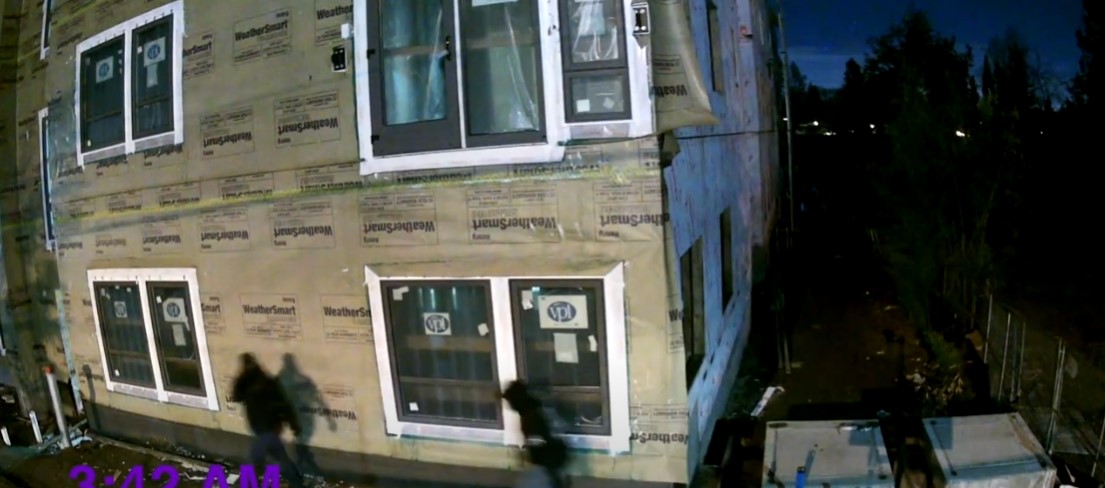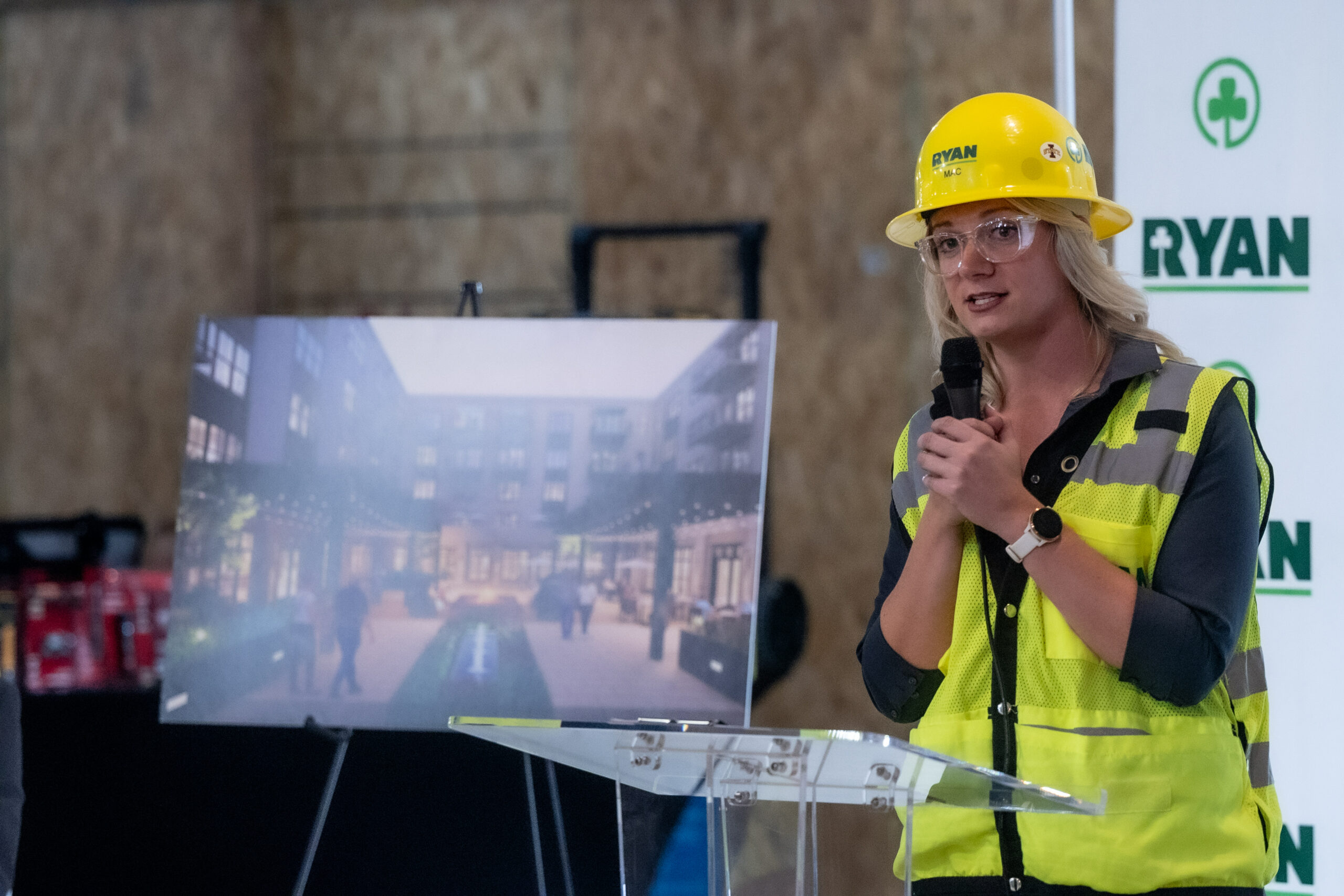There is no question that few projects ever reach a conclusion without delays, but what steps can a project manager take to increase the likelihood of success? Some statistics point to just 25% of projects came within 10% of their original deadlines in the past 3 years. Here are five reasons projects get delayed and how to mitigate them.
Resource Shortages
One of the reasons projects get delayed is a job site can often be a chaotic environment, with contractors and other visitors coming and going. If you don’t properly secure a jobsite or know who and what is on your project location, you’ll likely find materials, equipment, and tools missing. These issues can result in delays as you work to recover the items or resupply missing materials.
One way of making sure your construction site isn’t going to miss deadlines due to theft of valuable resources is to have a robust monitoring solution with cameras and even artificial intelligence. The best solutions take it a step further and can be leveraged to track visitors as well as materials. You might even use such a solution to monitor on site inventory of materials and tools to know where everything is and who had access to it recently.
Environmental Impact
Another reasons projects get delayed is big construction projects can be adversely affected by the weather. Rain or snow can cause delays, but other environmental issues could also cause long lasting damage to your project.
Keeping track of the environment of your job site can help mitigate issues that may cause delays. SiteKick cameras feature sensors that can easily monitor temperature, humidity, CO, CO2, and VOC general jobsite visibility. Any one of those environmental conditions could seriously impact deadlines or even the integrity of the build.
Design Variation or Change
While a poor design could result in a myriad of issues, having outdated blueprints during the execution of the project could require rework that wastes materials as well as a reasons projects get delayed.
Project costs and quality estimations based on erroneous design documents could be impacted as well.
A robust documentation system to better share construction paperwork to all interested parties is a key to alleviating the threat of outdated information.
Improper Scheduling
A project’s schedule is a complex dance required to manage staff, equipment and raw materials. It requires a flawless understanding of construction, the sequence of activities, logistics, resource management, and projection.
A flawed schedule could slow or completely stop progress on a construction site. These delays are often extremely expensive as you work to get back on track.
To avoid scheduling problems, each project requires an expert in a variety of construction disciplines as well as working knowledge of the project management software being used. This is among the most important staffing decisions any construction project can make.
Project Complexity
While small projects are easy enough to manage and complete successfully, the more complex a project, the higher the likelihood that the project duration might have an adverse effect on material prices, staff availability, or monetary exchange rates. Any of these could have lasting impact on budgets, but they will certainly impact the deadlines negatively.
This is where planning and a competent project manager can really mitigate the issues that may delay a project. Making sure the plan accounts for every major aspect of a project will yield dividends including delivering the project on time and within budget.
The Last Word
This brief article covered some, but not all the possible causes of delays. One common solution is making sure you have the right people or tools in place to help avoid or mitigate possible sources of project delays. SiteKick is one such tool and we’re ready to help you discover the solutions that can keep your next project on time and on schedule. Contact us for a demonstration of how SiteKick is helping businesses build a better future.







